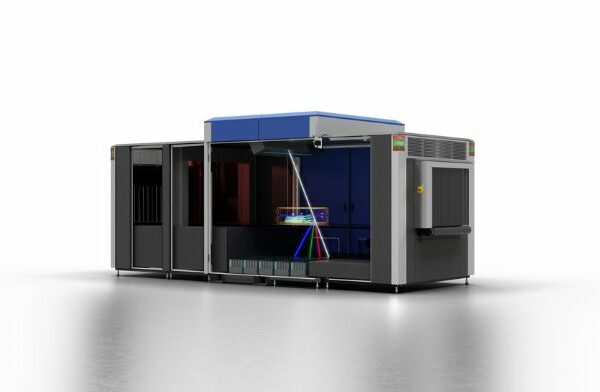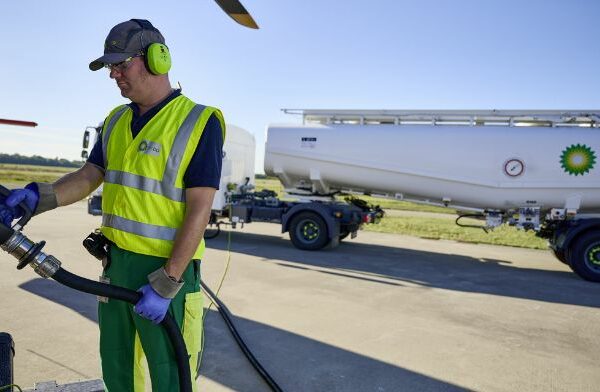Regional Gateway’s Kimberley Young summarises the latest happenings across airports serving business, regional and low-fare routes.


Many passengers will be familiar with the frustration of long, snaking queues through security in the peak holiday periods, as fellow passengers juggle laptops and liquids out of cabin bags.
IATA’s Global Passenger Survey in 2018 found respondents identified security/border control as one of their key pain points while travelling – particularly having to remove personal items or remove electronic devices from cabin bags.
So good news is at hand for those tapping their feet in security queues as airports and suppliers around the world are investing in state-of-the-art screening technologies from border control to baggage scanners and body scanners.
Smiths Detection has announced the opening of a service, training and experience centre in India in an investment of US$1.5 million.
With India expected to become the world’s third largest air passenger market by 2024, the new centre is expected to help the company better serve local customers and implement “future-proof threat detection strategies.”
In Barbados, Grantley Adams International Airport has expanded its border control programme to a total of 48 biometric-enabled kiosks utilising Innovative Travel Solutions’ BorderXpress, with the kiosks expected to simplify the border clearance process and reduce wait times.
In the UK, amidst Brexit turmoil, the Prime Minister Boris Johnson announced plans for all major UK airports to introduce 3D cabin baggage screening equipment to streamline security and reduce the amount of time required for security screening.
The technology could mean passengers may be able to keep liquids and electrical items, such as laptops, in cabin baggage while it is screened – potentially meaning no more juggling for queuing passengers.
The Department for Transport confirmed that major airports refers to “any airport with over 1 million passenger movements per year”, and has set a deadline for these airports to have the technology by 1 December 2022.
Commenting on the announcement, a spokesperson for the Airport Operators Association said that though the equipment “could be a big step forward” in ensuring smooth security processes, the association did have some concerns.
“It is important to recognise the increasing cost of mandatory security measures like these. Each airport will have to fund the new equipment in a relatively short period of time, which will have a big impact, particularly on smaller airports,” a spokesperson for the AOA said.
“As this equipment is larger and heavier than the existing equipment, this will require airports to make significant investments not only in the equipment but also in ensuring their security search areas are suitable to fit the new scanners,” they told Regional Gateway.
Airports with over 1 million passengers per year can encapsulate a broad range of airports in the UK, and often, the regional airports can already be popular for their speedy security processes, with travel planning platform Rome2rio noting an increase in flight searches from London’s smaller airports last year.
So while new technologies to improve airport efficiencies and enhance safety are ever more important, and solutions to make the airport journey as seamless and pain-free as possible are a great sign – for some of the airports at the smaller-end of the scale, it is not all smooth sailing.
The editor’s comment is published weekly as an accompaniment to the Regional Gateway e-newsletter. If you do not currently receive our email updates, you can subscribe here.





